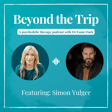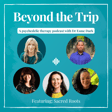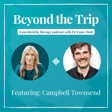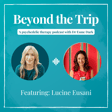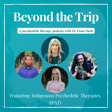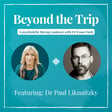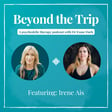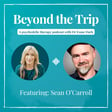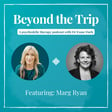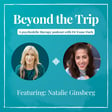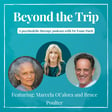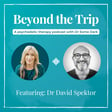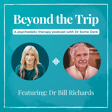
Dr Simon Ruffell: Bringing together indigenous knowledge and western science: challenges and possibilities
In this episode, I’m going to be speaking with Dr Simon Ruffell. He is a friend and a close collaborator.
I’m working alongside Simon as one of the teachers on the psychedelic mentorship training organised by Onaya Health.
In this conversation, we discuss Simon’s journey into his work researching Ayahuasca, our shared history in refugee mental health, the importance of including indigenous perspectives in research and the challenges of this, integrating indigenous wisdom into clinical practice and our approaches to supporting clients following psychedelic experiences.
Dr Simon Ruffell is a medical doctor, a psychiatrist and research psychologist with a PhD in Ayahuasca and mental health and he’s also a student of Shipibo shamanism, Simon has worked on several major psychedelic trials at leading universities worldwide including as a senior research associate at Kings College London on their trial looking at psilocybin assisted therapy for treatment resistant depression. Since 2016 his work has been primarily been dedicated to exploring the traditional psychedelic brew Ayahuasca. He is the CEO of Onaya Health where I also serve as advisor. He co-founded the not for profit Onaya Science which researches the effect of Ayahuasca in naturalistic Amazonian settings. Simon’s work seeks to understand plants such as Ayahuasca from both indigenous and western viewpoints with a goal of generating a richer understanding of healing modalities involved.
I hope you enjoy listening to this conversation as much as I enjoyed having it.
keep in touch with me at Insta: dresmedark
Linkedin: www.linkedin.com/in/dr-esme-dark-627156a0/
website: https://www.esmedarkpsychology.com.au/
Find Simon at https://www.onaya.io/
https://www.iceers.org/
Find Monash Clinical Psychedelic Lab at www.monash.edu/psychedelics
Disclaimer: This podcast if for general information only and does not constitute an endorsement or recommendation for psychedelic- assisted psychotherapy.
